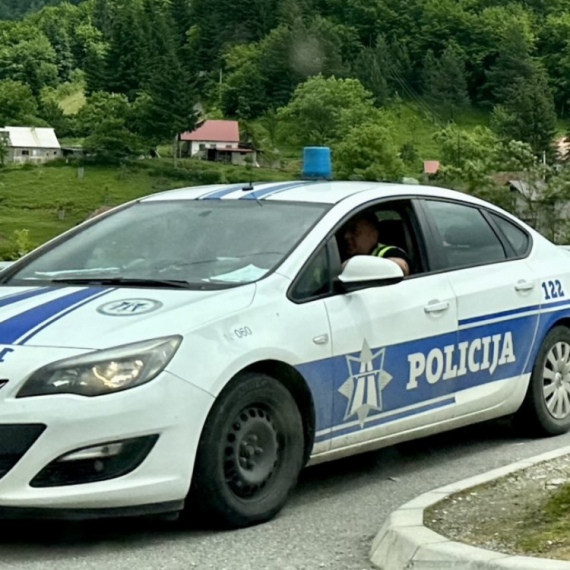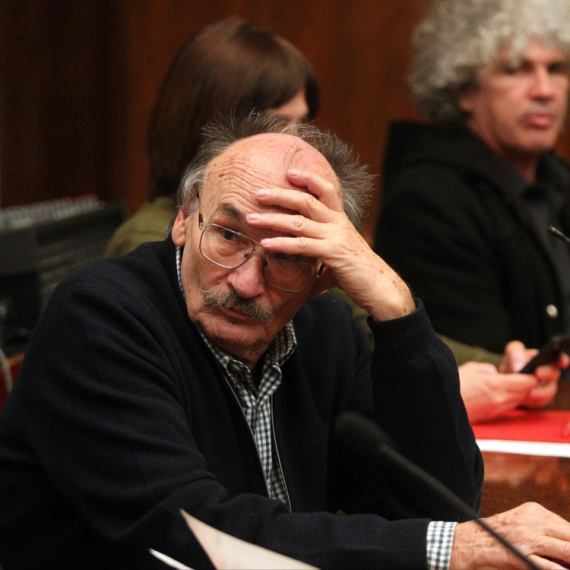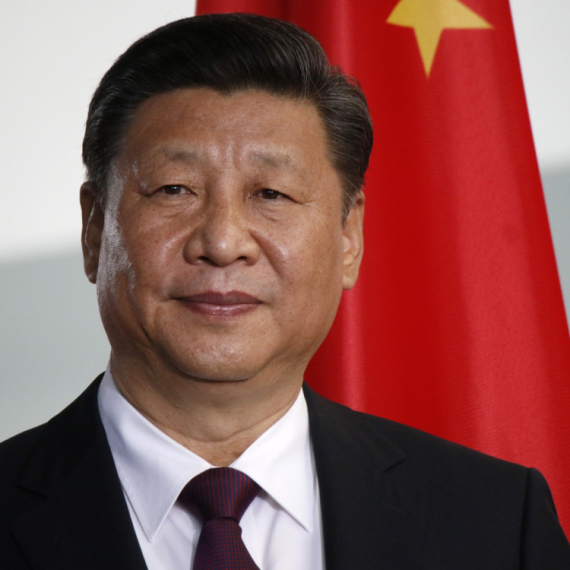“Serbia’s EU pathway questionable after elections”
There is no readiness in Serbia to modernize the society in accordance with the European standards, weekly Novi magazin editor Miša Brkić has said.
Wednesday, 27.06.2012.
16:05

There is no readiness in Serbia to modernize the society in accordance with the European standards, weekly Novi magazin editor Misa Brkic has said. According to him, the “new political architecture” causes a dilemma whether Serbia will continue its EU integration. “Serbia’s EU pathway questionable after elections” “The new political architecture after the parliamentary and presidential elections leaves a big dilemma whether Serbia will continue to come closer to the EU,” Brkic said and expressed concern that Serbia would “come to a situation to say a historic ‘no’”. At a conference dubbed “The Western Balkans and the European (dis)integration” in Belgrade, he assessed that the fact that “an Italian company gave up on Serbia and went to Croatia” was “discouraging” and pointed out that this is an “indication that the European pathway could fade”. Brkic said that the latest elections had shown that euroenthusiasm was present in Serbia but stressed that the citizens’ opinion could change quickly. “The media pressure, propaganda and political spins can quickly turn the situation around and create an atmosphere of euroskepticism,” he explained. Brkic underscored that three quarters of the population were in favor of the European integration at the time when former Prime Minster Zoran Djindjic was murdered in 2003 and that three quarters of the citizens were against the EU integration three years later. He also drew a parallel between the condition in the EU and in Serbia since “both need to stop negative trends, save the public finances and their currencies in the short-run and to implement serious reforms for survival in these forms in the long-run”. Brkic added that Brussels expected the Western Balkan countries to create a “mini European union” aside from the CEFTA agreement but that their relations were burdened by the past. He believes that the EU will survive because it was in the interest of its members and that all the states have benefited from the EU membership. A view of the Serbian parliament (Tanjug, file) Beta
“Serbia’s EU pathway questionable after elections”
“The new political architecture after the parliamentary and presidential elections leaves a big dilemma whether Serbia will continue to come closer to the EU,” Brkić said and expressed concern that Serbia would “come to a situation to say a historic ‘no’”.At a conference dubbed “The Western Balkans and the European (dis)integration” in Belgrade, he assessed that the fact that “an Italian company gave up on Serbia and went to Croatia” was “discouraging” and pointed out that this is an “indication that the European pathway could fade”.
Brkić said that the latest elections had shown that euroenthusiasm was present in Serbia but stressed that the citizens’ opinion could change quickly.
“The media pressure, propaganda and political spins can quickly turn the situation around and create an atmosphere of euroskepticism,” he explained.
Brkić underscored that three quarters of the population were in favor of the European integration at the time when former Prime Minster Zoran Đinđić was murdered in 2003 and that three quarters of the citizens were against the EU integration three years later.
He also drew a parallel between the condition in the EU and in Serbia since “both need to stop negative trends, save the public finances and their currencies in the short-run and to implement serious reforms for survival in these forms in the long-run”.
Brkić added that Brussels expected the Western Balkan countries to create a “mini European union” aside from the CEFTA agreement but that their relations were burdened by the past.
He believes that the EU will survive because it was in the interest of its members and that all the states have benefited from the EU membership.



















Komentari 5
Pogledaj komentare